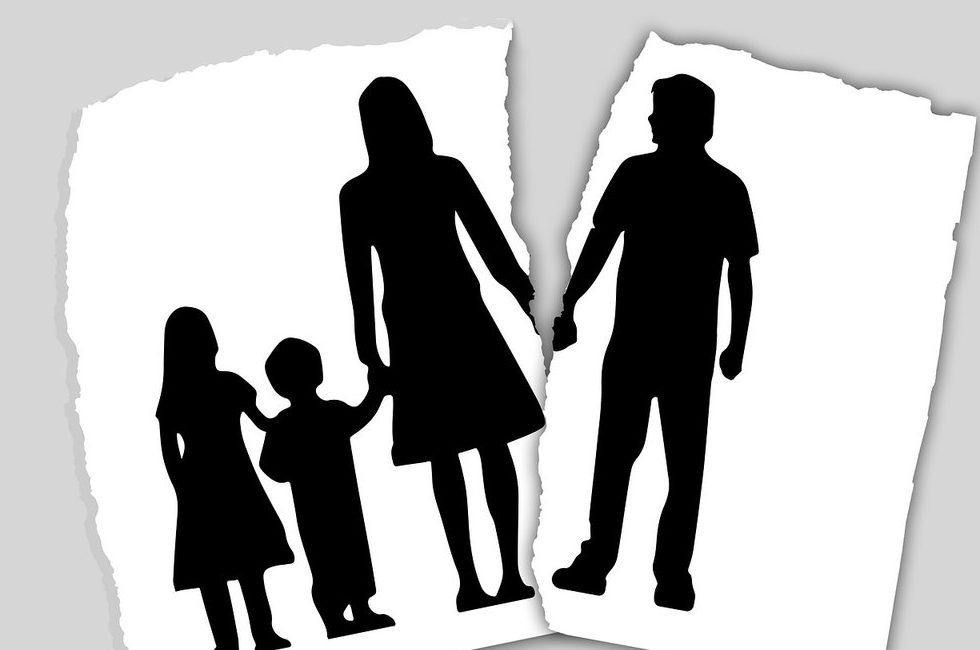When parents divorce, it can have a big impact on their children’s mental health. It can be hard for children to cope with the news, and they may feel confused, scared, or angry. They may also blame themselves for the divorce.
Children may have a hard time adjusting to the new family structure. They may miss spending time with one of their parents and feel like they are caught in the middle of their parents’ conflict. Divorce can also lead to financial problems for families, which can add to the stress that children are feeling.
While divorce can be tough on kids, there are things that parents can do to help their children through it. Parents should try to stay calm and avoid arguing in front of their kids. They should also encourage their kids to talk about their feelings and reassure them that they are not responsible for the divorce. It is also important for parents to continue to spend time with their kids and make sure they feel loved and supported.
Examining the negative effects of divorce on family dynamics
Divorce can have negative effects on family dynamics, particularly when children are involved. The end of a marriage often means the end of a family unit as well, which can be confusing and difficult for children to understand. They may feel like they have lost one or both parents, and this can lead to feelings of insecurity and anxiety.

Additionally, divorce can disrupt the parent-child relationship and create conflict between parents. This can make it difficult for children to form healthy attachments and relationships with others. Finally, divorce can be financially devastating for families, which can further compound the stress and anxiety that children are already experiencing.
Coping with emotional trauma in the wake of separation
When parents divorce, it can have a major impact on their children. While some kids seem to weather the storm and come out unscathed, others struggle to cope with the emotional trauma.
There are a number of factors that can contribute to how well or poorly a child copes with their parents’ divorce. These include the child’s age, temperament, support system, and the severity of conflict between the parents.

If your child is struggling to cope with your divorce, there are a few things you can do to help. First, try to provide as much stability and routine as possible. Kids thrive on predictability, so try to keep things like bedtimes and mealtimes consistent.
Second, encourage your child to express their feelings. It’s normal for kids to feel sad, angry, or confused after their parents divorce. Don’t try to force them to bottle up their emotions – instead, help them find healthy ways to express themselves. This might include talking about their feelings, writing in a journal, or engaging in creative activities like painting or sculpting.
Finally, make sure your child knows that they are not alone. There are plenty of other kids who are going through the same thing. Help them connect with other kids in similar situations by joining a support group or attending counseling sessions together.
Strategies to mitigate psychological injury from a broken home
When parents divorce, it can have a profound effect on their children. While some children are able to adapt and thrive, others may struggle with the transition. Here are some strategies to help mitigate the psychological injury that can occur when a family breaks apart:
1. Encourage communication: It’s important to encourage communication between the children and both parents. This will help the children feel connected and loved, even if they are living in two separate homes.
2. Promote positive relationships: Help the children develop and maintain positive relationships with both parents. This will provide a sense of stability during a time of upheaval.
3. Foster independence: Encourage the children to develop their own interests and friendships. This will help them feel confident and secure in themselves, even when their family life is in flux.
4. Seek professional help: If the children are struggling to cope with the divorce, seek professional help. A therapist can provide support and guidance that can make a big difference in how the children adjust to this major life change.

